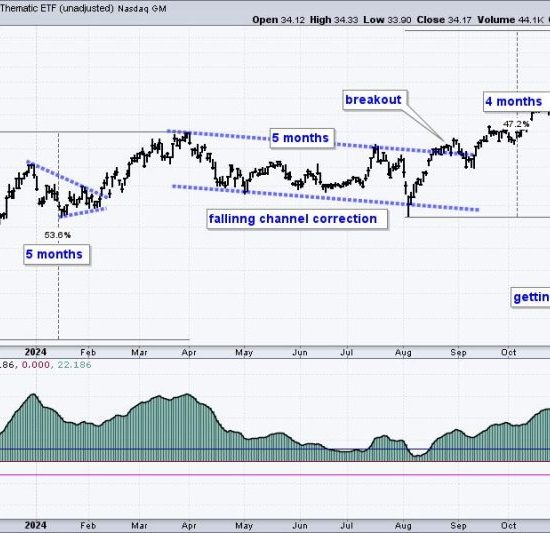Election Aftermath: Unleashing Profitable Small Cap Stocks
The electoral process and its consequent effects on the economy often lead to significant disruptions in the business world. However, these disturbances bring forth undeniable opportunities, especially for those willing to venture beyond the conventional norms. One such area of potential is small-cap stocks, a promising sphere in the aftermath of the elections.
Small-cap stocks, defined as companies with a market capitalization of under $2 billion, are generally expected to be more volatile than their larger counterparts. However, this increased vulnerability can also mean greater growth potential. In the aftermath of an election, the market is typically filled with uncertainty. During these times, small cap stocks can offer significant investment possibilities, given the correct strategies and considerations.
Firstly, it is important to understand that election results have a profound impact on policy direction. Different industries are favored depending on the winning party’s agenda. For instance, certain sectors like renewable energy, healthcare, or infrastructure could be prioritized over others depending on the government’s policies and regulations. Investors should keep this in mind when targeting small-cap stocks in these industries. A keen eye on anticipated policy directions can guide investment decisions towards profitable avenues.
Secondly, following the election aftermath, market volatility is expected. This can be due to shifts in economic policies or potential regulations. Astute investors can leverage this volatility by targeting small-cap stocks that may initially dip due to market reactions but have strong fundamentals to recover and provide significant returns in the long run.
Thirdly, many small cap stocks may initially fly under the radar in the aftermath of elections, yet they are more prone to significant price swings due to less trading volume. As a result, these stocks can be perfect opportunities for high-risk, high-reward investments.
Furthermore, small cap companies could benefit from specific programs set forth by the new administration post-elections. For example, if a new government promises tax cuts for small businesses or monetary support for specific industries, this could greatly benefit small-cap companies in those specific sectors.
Lastly, it is essential to consider currency risk, especially in the case of global elections. Changes in leadership can affect a country’s currency value, which could impact the profits of small-cap stocks in international markets.
Despite these potential advantages, it’s crucial to remember that investing in small-cap stocks after an election does come with significant risks. During this period of potentially increased volatility, stocks can experience sudden downturns. This highlights the need for diligent research and critical analysis when making investment decisions.
In conclusion, while the election aftermath may often be filled with uncertainty, it also unveils unique investment opportunities in the world of small-cap stocks. By understanding policy direction implications, leveraging market volatility, recognizing overlooked opportunities, and considering the influence of new governmental policies and currency risk, investors can make informed decisions that could generate substantial profit in the long term. Remember, however, the need for thorough research and understanding of the risks involved, as the investment world’s dynamism requires constant adaptation and learning.




